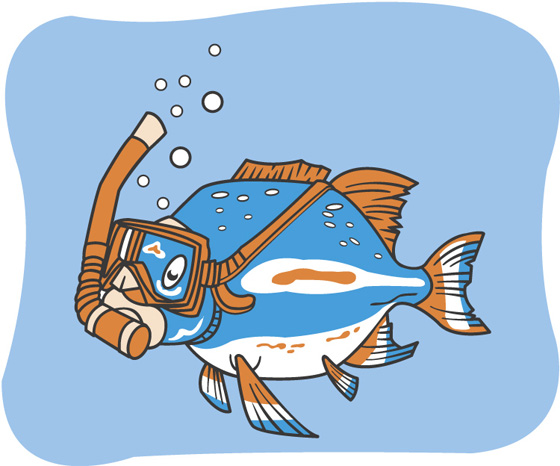Irony and Theme: Introduction

What do you think Heinlein means about the supreme irony of life? In reality, no one gets out of life alive because everyone's life end in death. But, could Heinlein mean something different by the word alive?
Irony is when the opposite of what you expect happens and there is a moment of significant recognition from the audience. In this unit you will learn about three types of irony.
| Type of Irony | Description |
Example |
| Situational Irony | The opposite of what you expect happens. |
In Guy Maupassant “The Necklace” after Louise loses her friend’s necklace instead of telling her the truth she buys a new one on credit and spends 10 years paying back the money only to be told by her friend years later that necklace was not made of real diamonds; it was a fake. |
| Verbal Irony | When a character says the opposite of what he/she means. Sarcasm is a form of verbal irony |
In Shakespeare’s Julius Caesar, after Brutus and the others have murdered Caesar because the people wanted to make him emperor, Mark Antony gives a speech where he says, "Yet Brutus says he [Caesar] was ambitious; And Brutus is an honorable man." |
Dramatic Irony |
When that audience knows something that the characters don’t, so the characters experience the unexpected. |
In O’Henry’s “The Gift of the Magi” the reader knows that Della has cut her hair to buy the watch chain, so the dramatic irony happens when her husband reveals that he has sold the watch to buy combs for her hair. |
|
|
| How is this picture ironic? |
